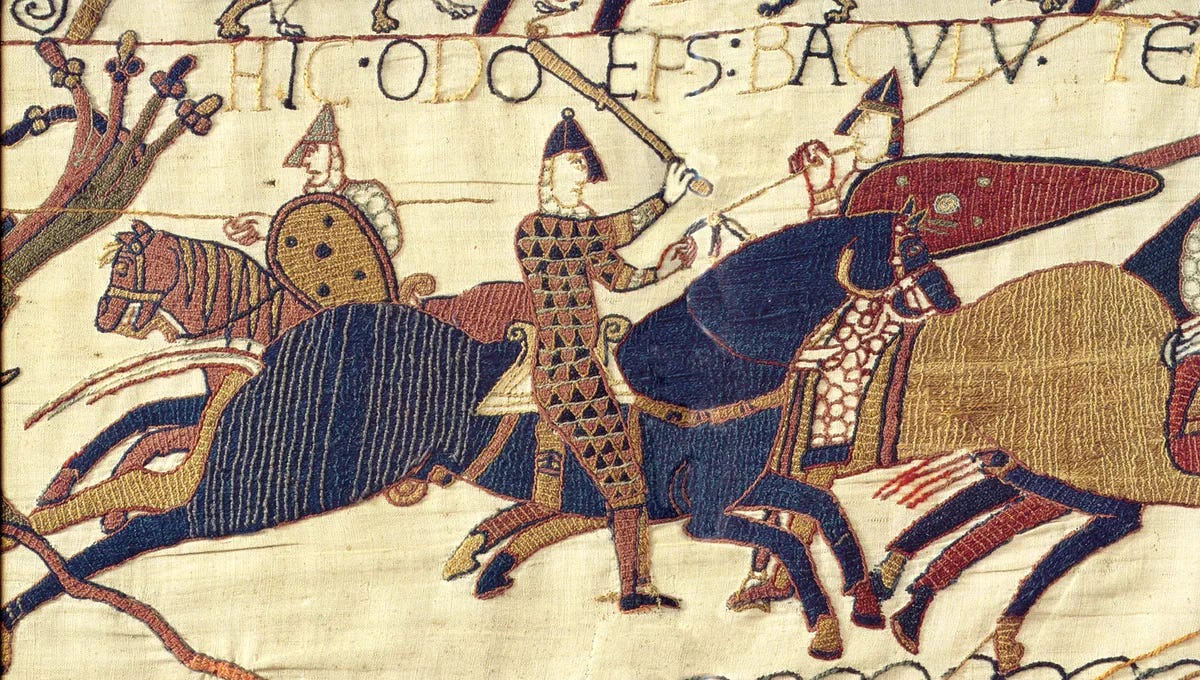I’m in Paris today and tomorrow for the debut of my son’s fashion show for the House of Schiaparelli. My mind and excitement are there—and I’ll share as much of the experience as I can.
But I have a few moments to think here. And while my mind is here, I can’t get the story of the rising floodwaters in Texas out of my heart. Perhaps it’s the videos I’ve seen of fast-moving water, swallowing roads and camps in minutes. Who could escape it or survive its tempest? Maybe I feel so connected because Fran and I did that so many times—sent our children or grandchildren off on a bus to camp, praying they’d come back with tired eyes and full hearts.
Or maybe it’s because I can’t stop thinking about those girls—swept away, calling for their mothers and fathers, pulled under by muddy water and carried to the depths.
And that brings us to the question that always comes. The one asked by believers and non-believers alike: Where is God?
Cynics love this question. It seems to them like proof. That God is a figment, a crutch, a tooth-fairy for grown-ups. But we know something else. Something the Bible reveals, and that the faithful experience again and again—especially in times like this: God is not a metaphor. He is a presence. Not imagined, but real. Not distant, but near.
Where is God when we need Him?
It’s a question we all ask eventually. In moments of loss, illness, disaster, or heartbreak, we don’t need theory—we need presence. And for those not currently walking through suffering, it can be hard to imagine what real comfort feels like when the bottom drops out of life.
For many Christians, comfort is often misunderstood as a kind of spiritual “pat on the back”—a divine “There, there.” But the comfort Paul writes about in 2 Corinthians 1 is something much stronger. Something hugely substantial. It’s not sentimental. It’s not soft. It’s a surge of power—a real, almost physical strength for the day.
“Blessed be the God and Father of our Lord Jesus Christ, the Father of mercies and God of all comfort…” —2 Corinthians 1:3
Paul doesn’t just say God gives comfort. He names Him the God of all comfort. And then he adds that we receive this comfort not just to be healed, but to become healers:
“…so that we may be able to comfort those who are in any affliction, with the comfort with which we ourselves are comforted by God.” (v. 4)
Comfort = Assurance + Adrenaline
I recently wrote to a reader about grief, and this is what I shared:
It is not only the intellectual aspects of our faith that comfort us. It is the spiritual power of the Holy Spirit that brings peace to our life—in real time.
Yes, it comforts us to know that death is not the end. That our loved ones are with Christ. That heaven is real. But in the rawness of loss, something more happens—something spiritual, even supernatural.
The Spirit Himself brings strength that cannot be explained, only received.
It’s not an argument.
It’s not a doctrine.
It’s a presence.
Just as the human body surges with adrenaline when danger strikes, is it too much to believe that the Spirit surges strength when the soul is wounded? I don’t think so. In fact, I’ve seen it. I’ve felt it.
Help me keep posts like this free by becoming a Paid subscriber.
Strength Like Eagles
The psalmist understood this. In Psalm 103, David urges his soul not to forget the Lord’s benefits:
“Who forgives all your iniquity, who heals all your diseases… who satisfies you with good so that your youth is renewed like the eagle’s.” (Psalm 103:3, 5)
That’s not generic encouragement—it’s spiritual renewal. The eagle soars not by flapping harder, but by riding the unseen current beneath its wings. So too the Holy Spirit lifts the weary and the broken.
Paul’s Thorn and God’s Answer
The Apostle Paul himself was no stranger to pain. He pleaded with God to remove the “thorn in his flesh,” a persistent source of suffering. God did not remove it. But He did respond:
“My grace is sufficient for you, for my power is made perfect in weakness.” (2 Corinthians 12:9)
Here again, comfort doesn’t mean escape. It means presence. Power. Grace in weakness—not after it.
One of the earliest sermons I heard preached when I was a young Christian was about the comfort and power of the Holy Spirit. That it is not a blanket of ease, but a power jolt from God. Comfort means with strength: com forte. The preacher spoke about a detail in the Bayeux Tapestry that illustrates this idea. A knight places his hand on the back of a weary soldier. The caption reads, “Here he comforts his men.”
But the soldier isn’t being consoled—he’s being pushed forward. Comfort, in this context, doesn’t mean being cradled. It means being carried. It’s not just peace—it’s strength.
That’s how the Spirit works. Not just to soothe, but to send us back into the day with courage we didn’t know we had.
When you are grieving, don’t think you have to “feel better” to be faithful. The comfort of the Holy Spirit is not measured by your emotions. It is measured by His presence.
And His presence is promised.
He is the God of all comfort.
Grace and Peace,
The Anglican is the Substack newsletter for LeaderWorks, where I share insights, encouragement, and practical tools for clergy and lay Christians. I’m also an author of over a dozen books available on Amazon.
If you are a Paid Subscriber, thank you! Thank you for supporting The Anglican and the ministry of LeaderWorks. If you are not a subscriber, please consider becoming one today.










Thank you for another great commentary and Scripture that’s so important and relevant in the circumstances in Texas. We have or will all face unimaginable grief and loss in our lives but God will be with us in the presence of the Holy Spirit.
I appreciate the King James translation of John 14:16
"And I will pray the Father, and he shall give you another Comforter, that he may abide with you for ever;" And how does He Comfort? v. 17
"Even the Spirit of truth; whom the world cannot receive, because it seeth him not, neither knoweth him: but ye know him; for he dwelleth with you, and shall be in you." And v. 26 "But the Comforter, which is the Holy Ghost, whom the Father will send in my name, he shall teach you all things, and bring all things to your remembrance, whatsoever I have said unto you."